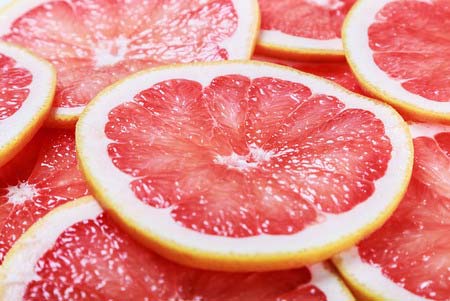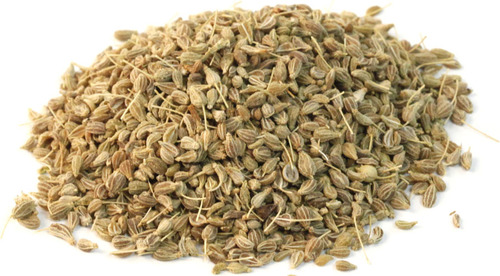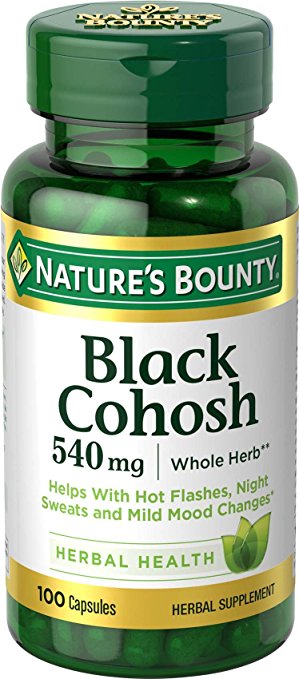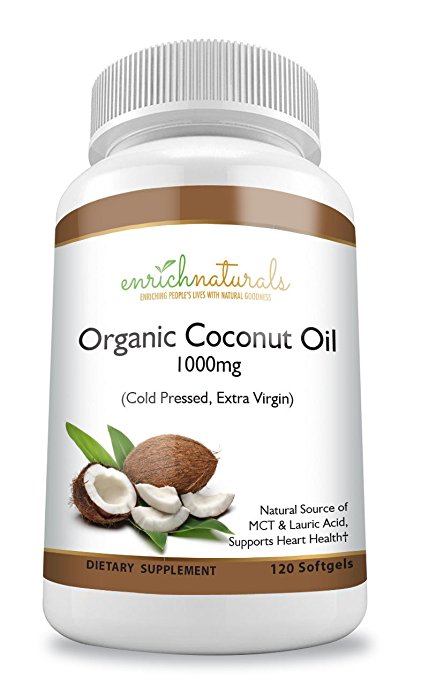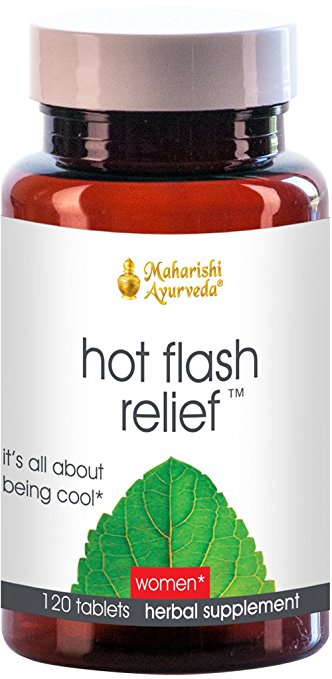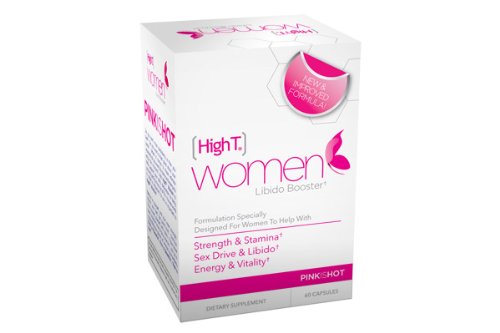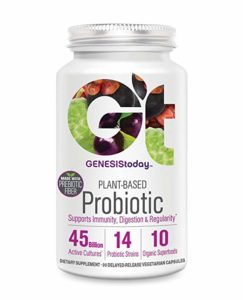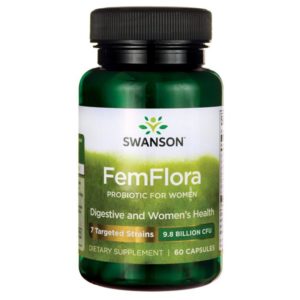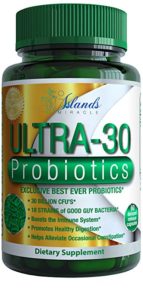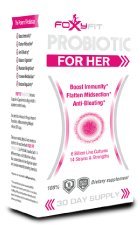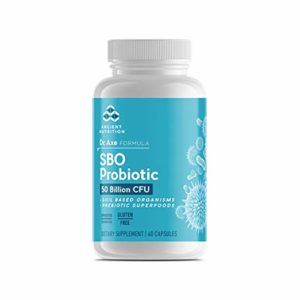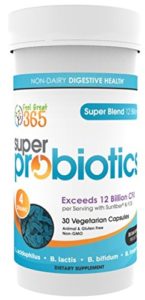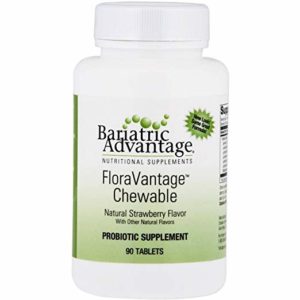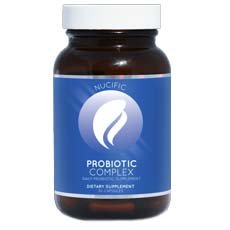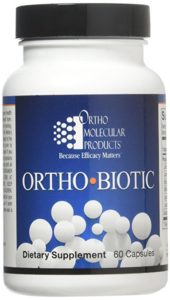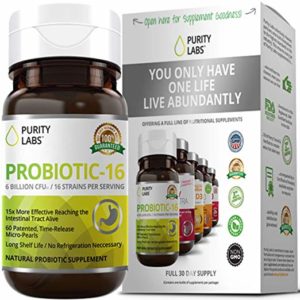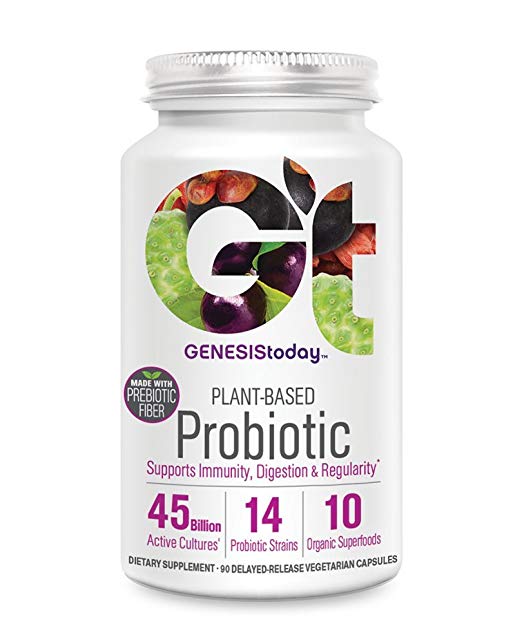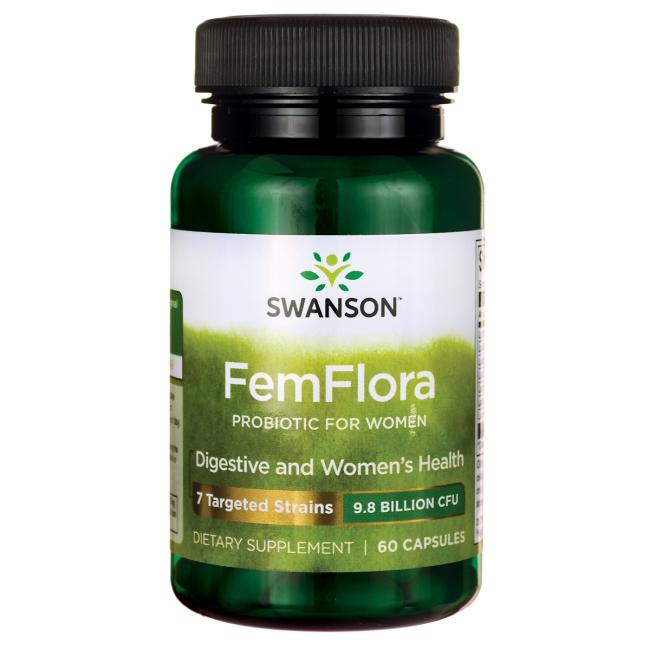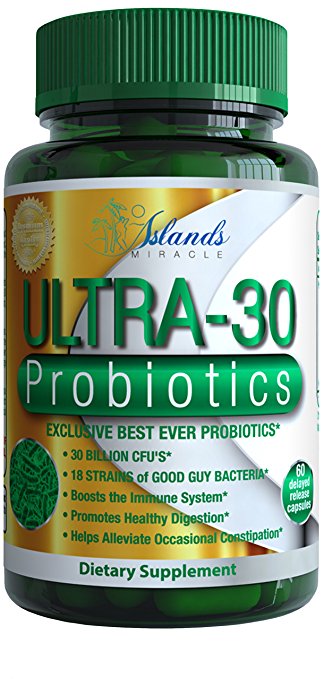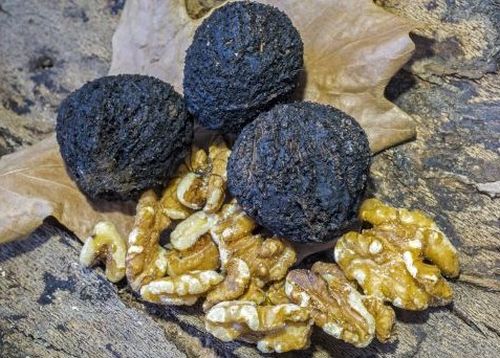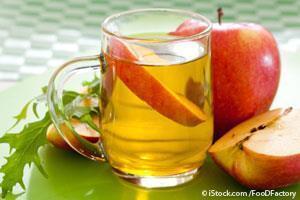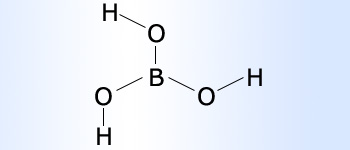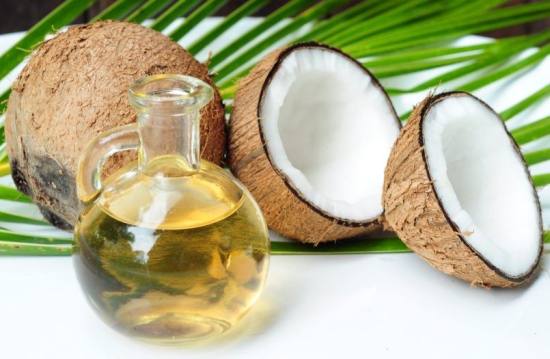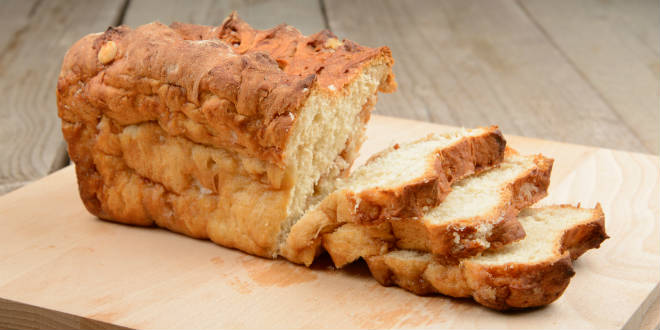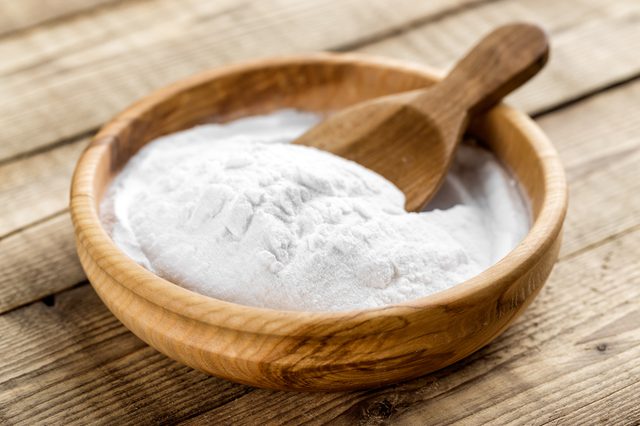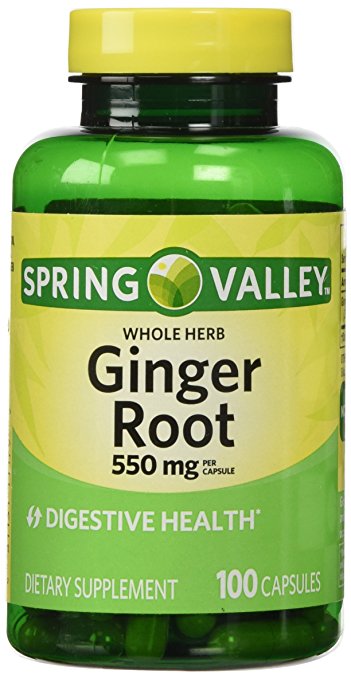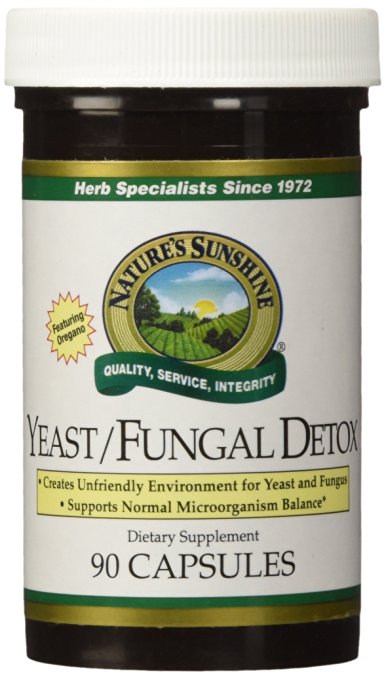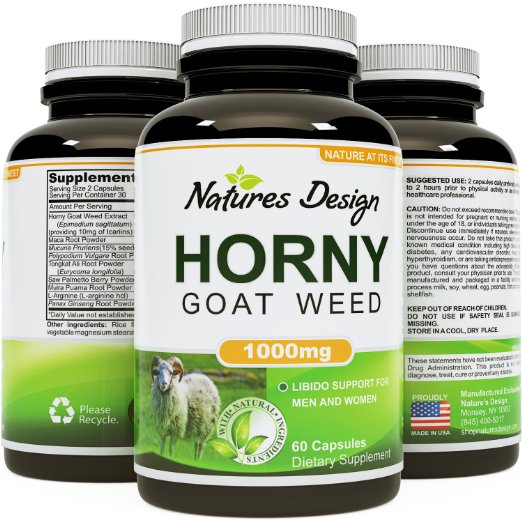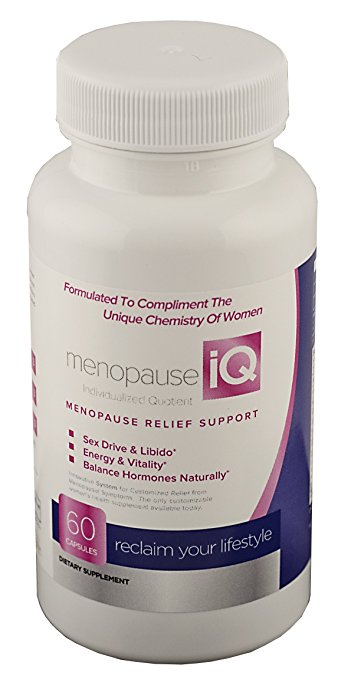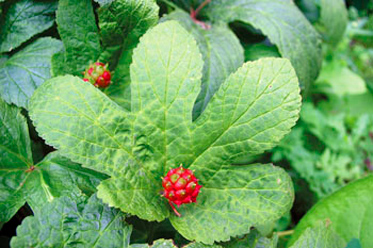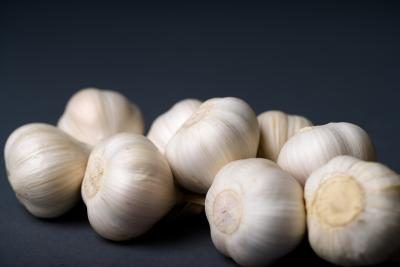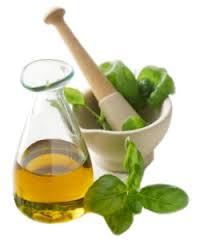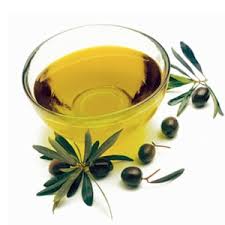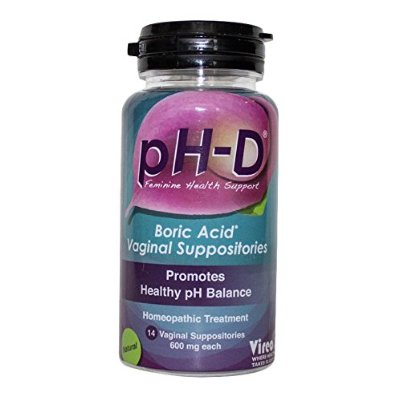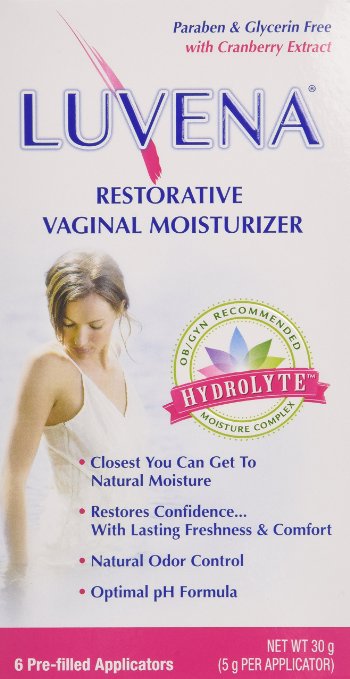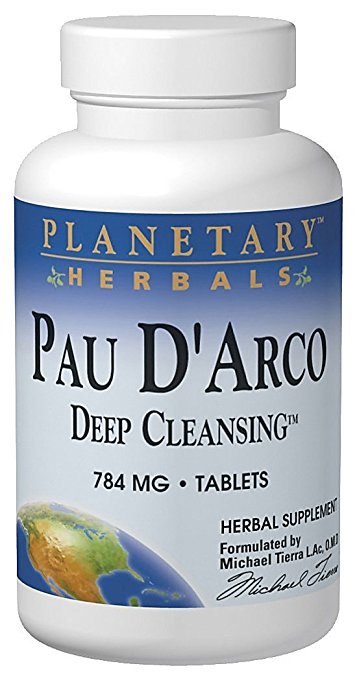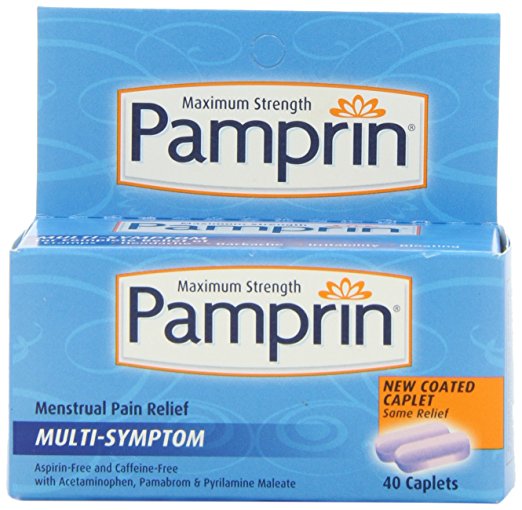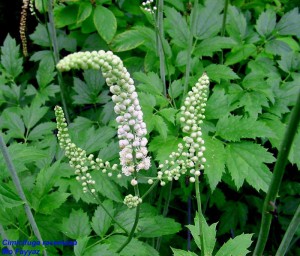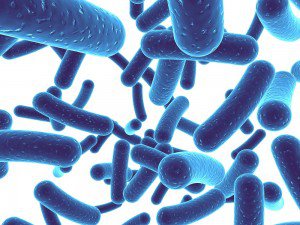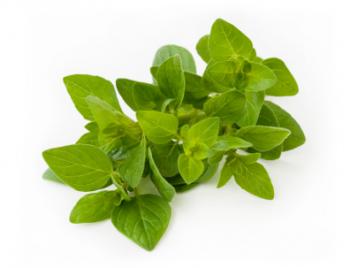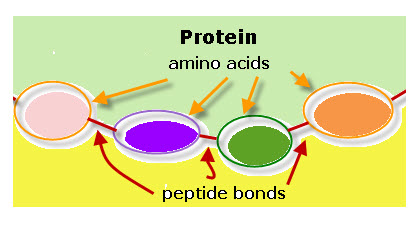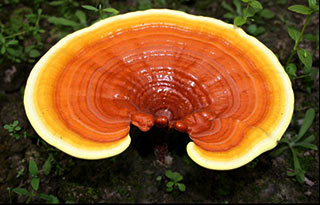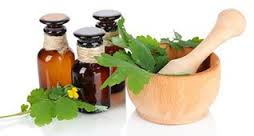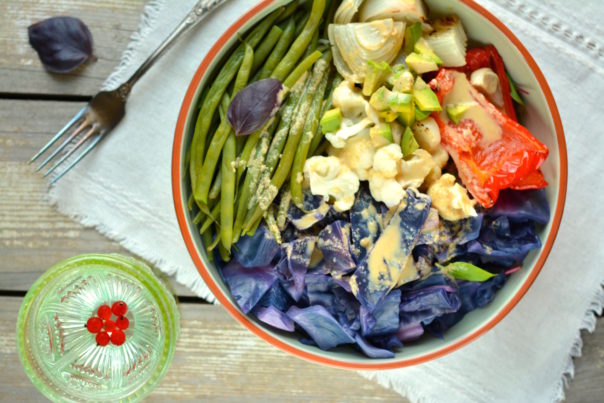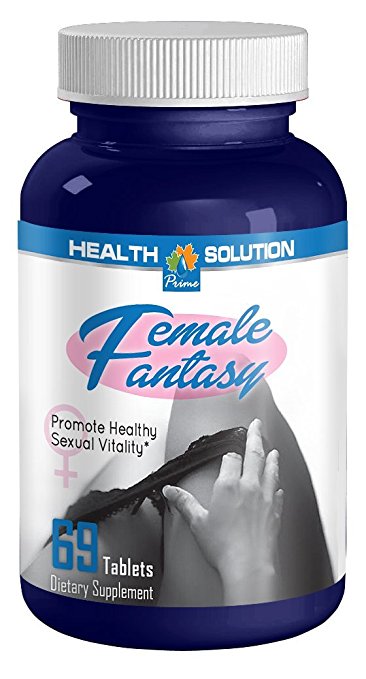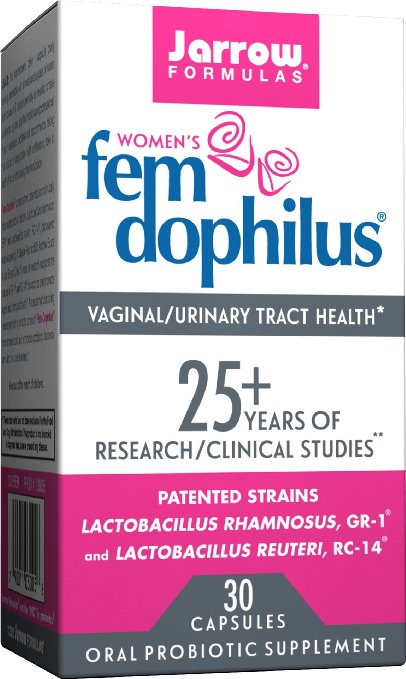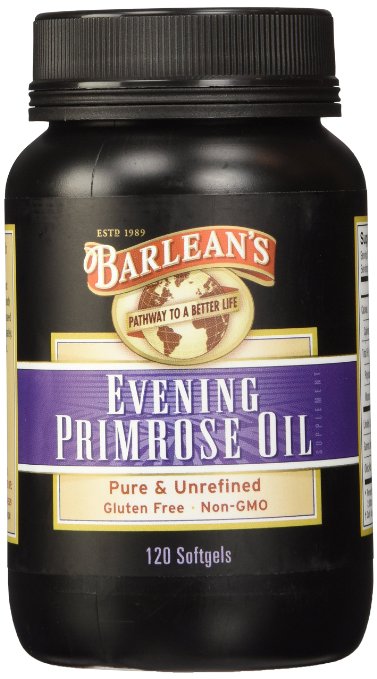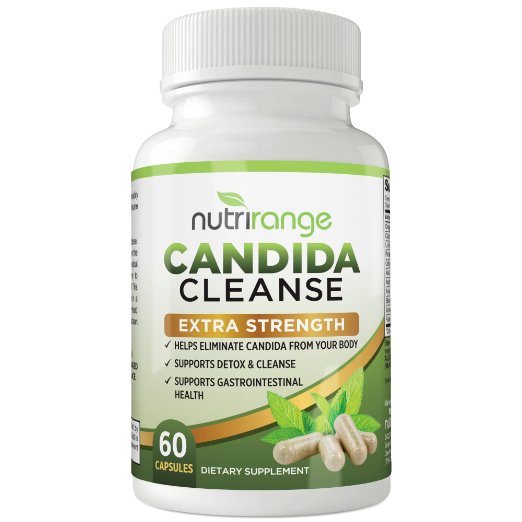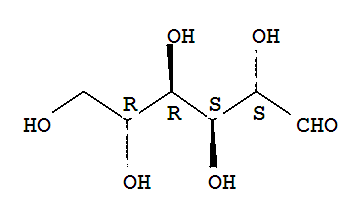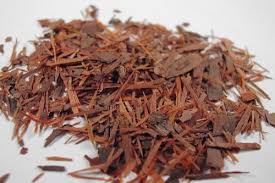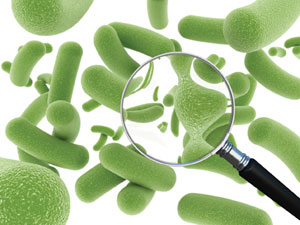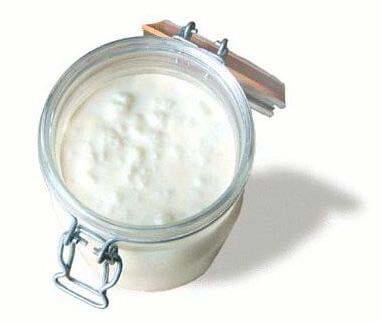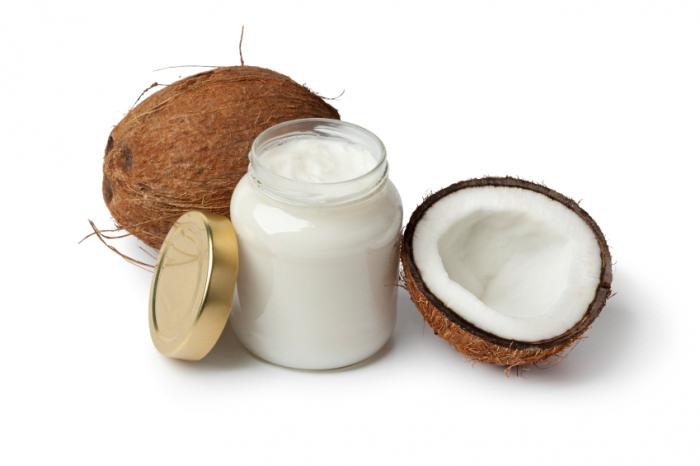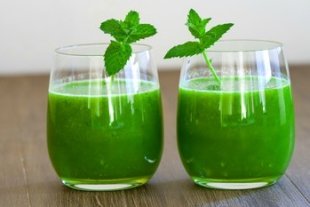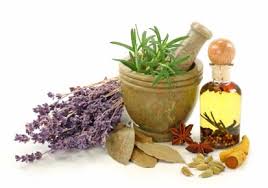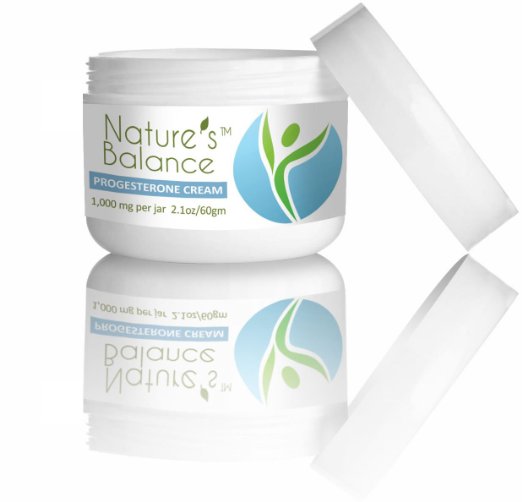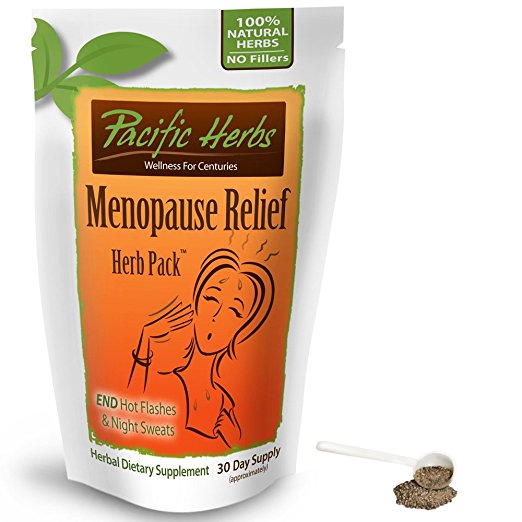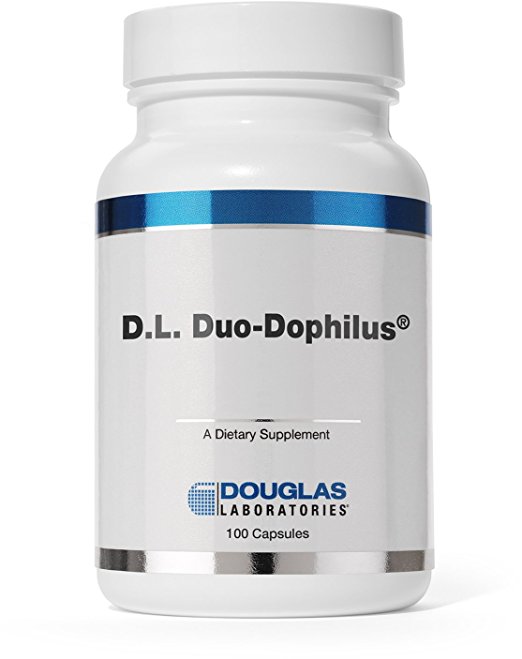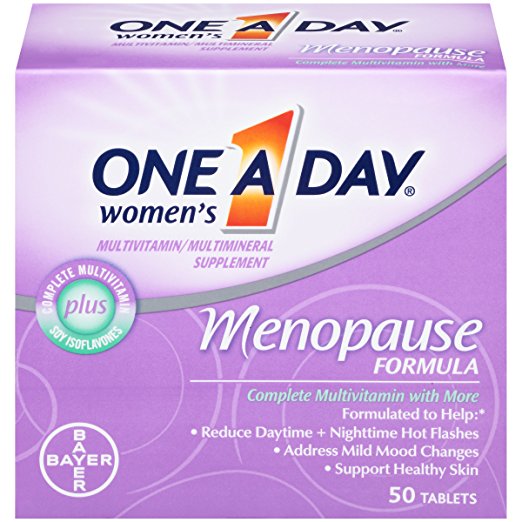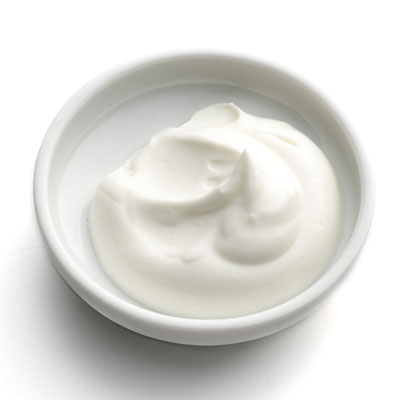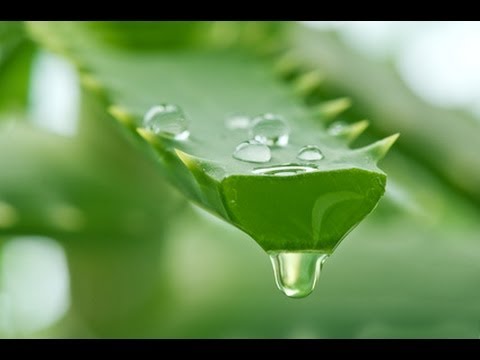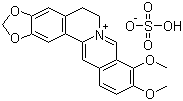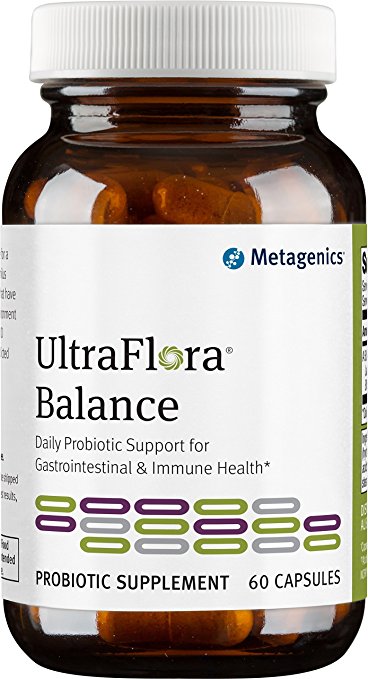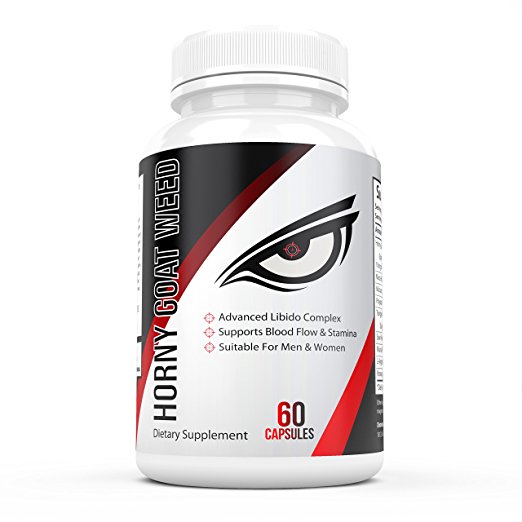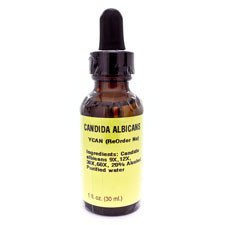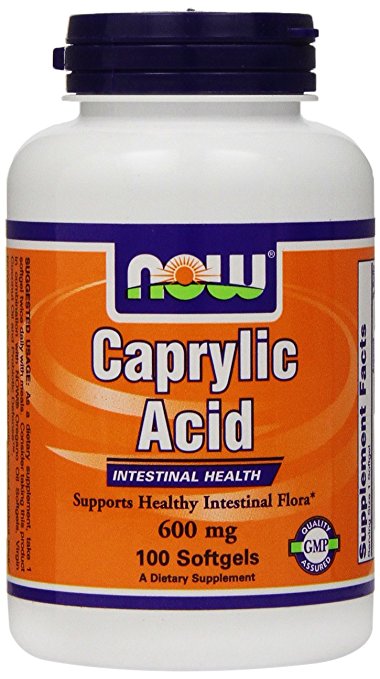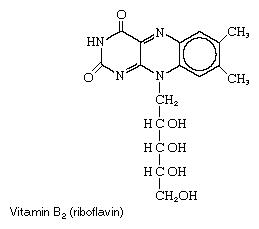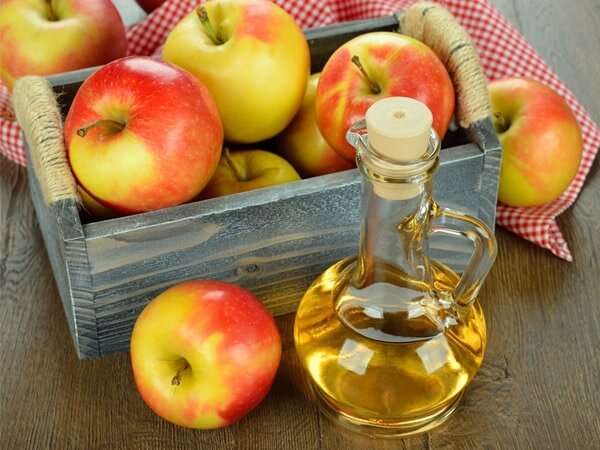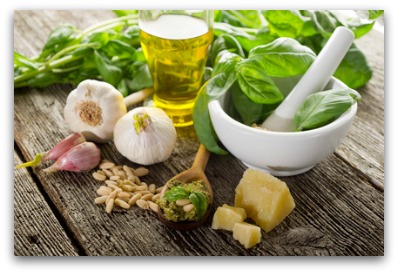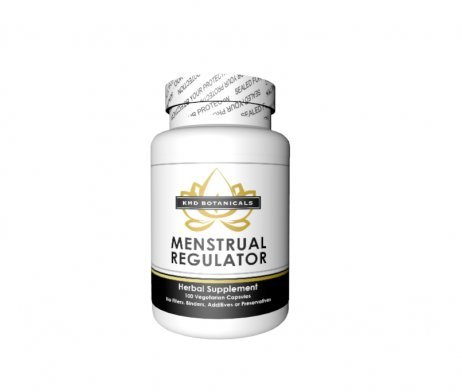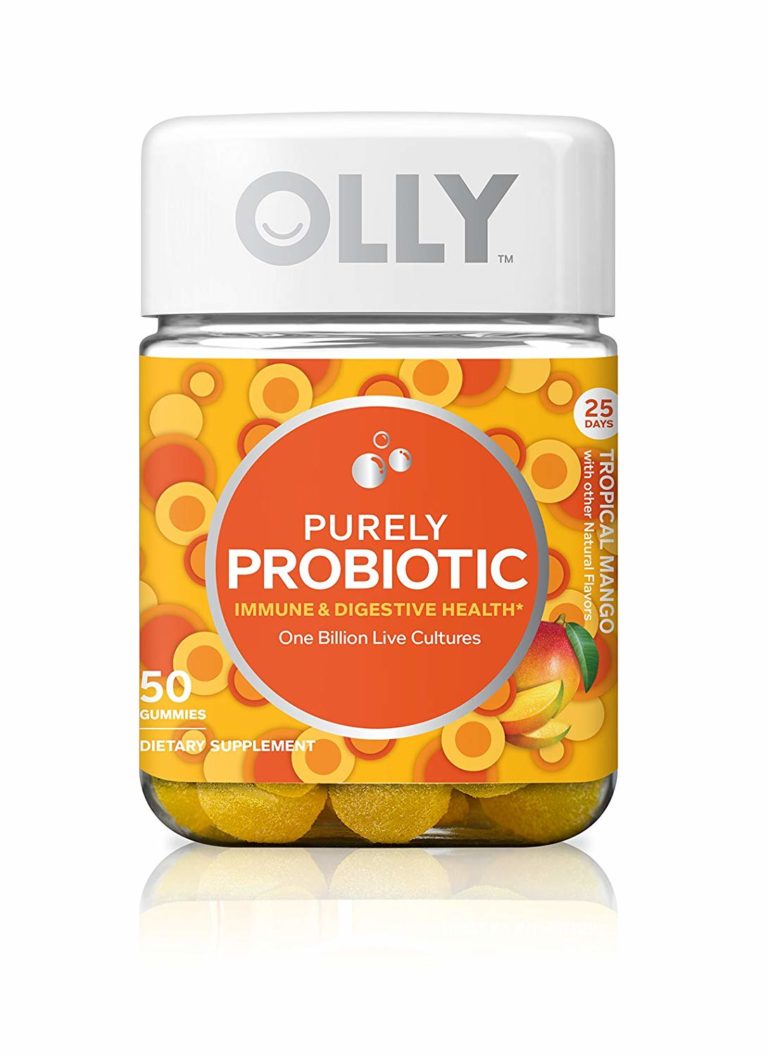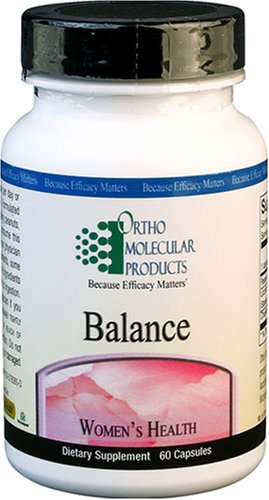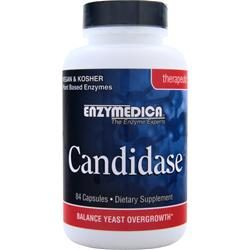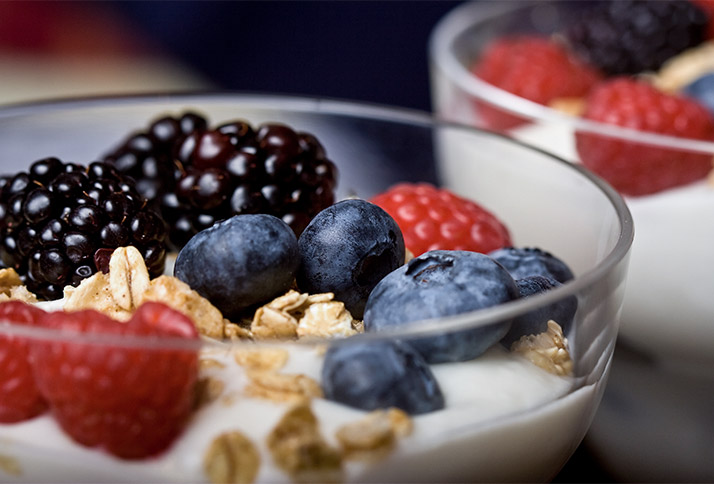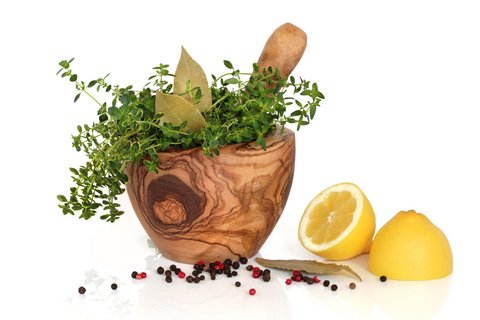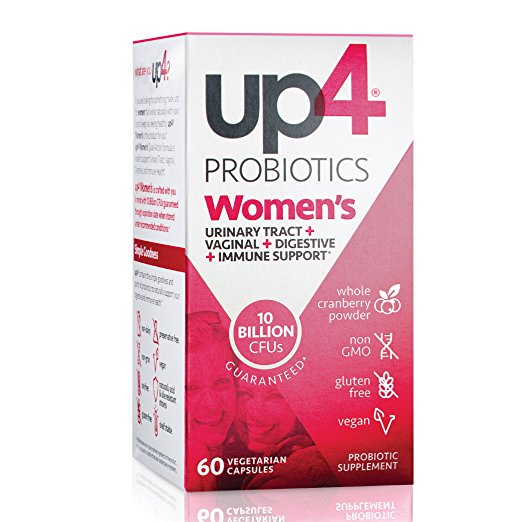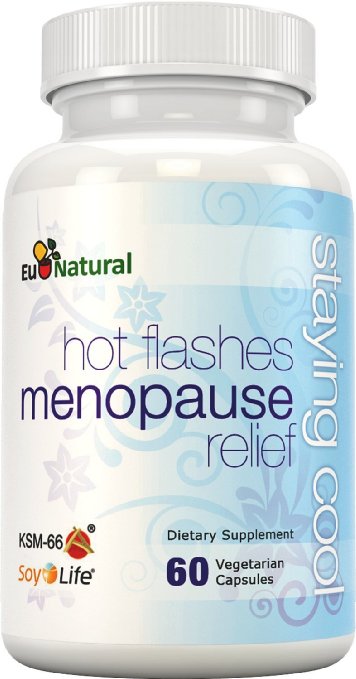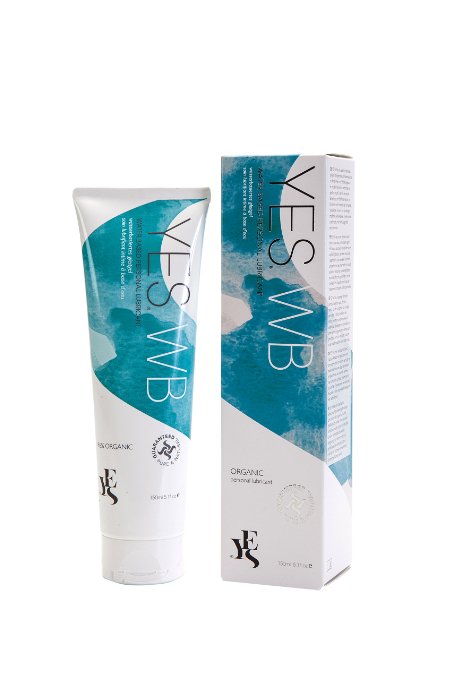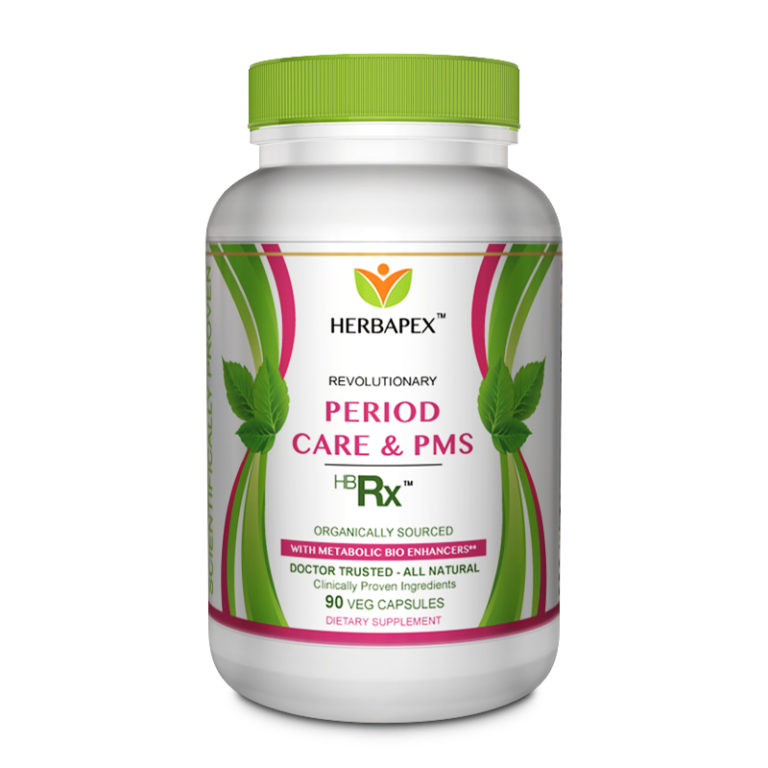Feminine Issues?

The only All-Natural Product for:
- Feminine Issues
- Vaginal Odor
- Vaginal Itching
- Vaginal Discharge
Start Seeing A Difference Within a Few Days of Taking it!
WHAT'S THE PROOF?
Out of the tens of thousands of women that have tried Balance Complex, over 700 have been so impressed by the results, that they have voiced their results in the form of reviews for the product on Amazon, the world most TRUSTED online marketplace.
Below are just a few of the reviews of Balance Complex on Amazon:

"I have been looking for a probiotic to help with my feminine issues and this has done the trick!I have already recommended to other friends!" *

"I loved it. Just knowing that I was taking care of any problems that might occur that we as females go through gave me a piece of mind." *

"I was surprised it worked as fast as it did. Very Effective & Natural. I take one at night and one in the afternoon. And I feel so much better." *
Every order of Balance Complex on Amazon is backed by Amazon’s 100% money back satisfaction guarantee.
Try it for up to 90 days and if you aren't thrilled with the results, just notify Amazon and they will give you a full refund.
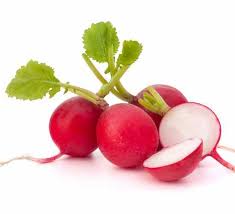
Radishes
How should you take Radishes for candida?
Beating a Candida overgrowth is about much more than simply taking supplements – you need to choose the right diet too. Antifungal foods can play an important role in fighting off fungal pathogens like Candida, and I’ve created a list of some of the best foods that you can use just for this purpose. Foods like garlic, rutabaga and coconut oil are natural antifungals that you probably already know. But today I’m going to add another antifungal food to the list. Delicious in salads or stir-fries, this crunchy root vegetable packs a powerful punch when it comes to fighting off fungal pathogens. I’m talking, of course, about the humble radish. There has been an increasing amount of research into radish as an antifungal, particularly over the last 10 years or so. This is a result of the deepening crisis in emergency wards, where fungal pathogens like Candida can have life-threatening implications for those with depleted immune systems. The universe of antifungal drugs is much smaller than that of antibiotics, so researchers are constantly looking for promising new antifungal compounds. Some of this research has focused on a plant defensin known as RsAFP2, which is found in radishes. Defensins are simply proteins found animals and plants that have antimicrobial qualities. Plants are threatened by fungal pathogens just like we are, and the antifungals that they use to protect themselves often work for us too.How does Radishes for Candida work?
It has also been shown that this particular antifungal protein acts to prevent Candida’s transition from its yeast form to its more virulent fungal form. This is a very useful property. When Candida morphs into its fungal form it grows hyphae which enable it to spread along your digestive tract much more rapidly. Any compound that prevents it from doing so will help to slow down the spread of a Candida overgrowth. Separately, researchers have also managed to identify two different antifungal proteins in radish seeds. The seeds need these antifungals to protect themselves during the time before germination, and during the early part of their growth when they are particularly vulnerable to microbial infection. Research is continuing on both the antifungal protein RsAFP2 and those antifungals found in the radish seeds.Review Overview
5.1 OVERALL SCORE
Feminine Issues?

The only All-Natural Product for:
- Feminine Issues
- Vaginal Odor
- Vaginal Itching
- Vaginal Discharge
Start Seeing A Difference Within a Few Days of Taking it!
WHAT'S THE PROOF?
Out of the tens of thousands of women that have tried Balance Complex, over 700 have been so impressed by the results, that they have voiced their results in the form of reviews for the product on Amazon, the world most TRUSTED online marketplace.
Below are just a few of the reviews of Balance Complex on Amazon:

"I have been looking for a probiotic to help with my feminine issues and this has done the trick!I have already recommended to other friends!" *

"I loved it. Just knowing that I was taking care of any problems that might occur that we as females go through gave me a piece of mind." *

"I was surprised it worked as fast as it did. Very Effective & Natural. I take one at night and one in the afternoon. And I feel so much better." *
Every order of Balance Complex on Amazon is backed by Amazon’s 100% money back satisfaction guarantee.
Try it for up to 90 days and if you aren't thrilled with the results, just notify Amazon and they will give you a full refund.
Ingredient Guides
Recent Tests
Categories
- General Health
- Feminine Guides
- Ingredient Guides
- Product Reviews
- Bacterial Vaginosis Products
- Candida Products
- Menopause Products
- UTI Products
- Yeast Infection Products
About Us

FeminineHealthReviews is dedicated in bringing you the top unbiased editorial reviews and ratings for natural products and supplements, along with specs, user reviews, supplement facts and more.
These statements have not been evaluated by the Food and Drug Administration. This product is not intended to diagnose, treat, cure or prevent any disease.
*Results may vary. If you are pregnant, nursing, have a serious medical condition, or have a history of heart conditions we suggest consulting with a physician before using any supplement. The information contained in this website is provided for general informational purposes only. It is not intended to diagnose, treat*, cure, or prevent any disease and should not be relied upon as medical advice. Always consult your doctor before using any supplements. Disclosure of Material Connection: Some of the links in the post above are "associate sales links." This means if you click on the link and purchase an item, we will receive a commission. Regardless, we only recommend products or services which we use personally and/or believe will add value to our readers. We are disclosing this in accordance with the Federal Trade Commission’s 16 CFR, Part 255: "Guides Concerning the Use of Endorsements and Testimonials." Disclaimer: © 2025 All Rights Reserved. The information provided on this site is intended for your general knowledge only and is not a substitute for professional medical advice or treatment for specific medical conditions. You should not use this information to diagnose or treat* a health problem or disease without consulting with a qualified healthcare provider. Please consult your healthcare provider with any questions or concerns you may have regarding your condition.Your use of this website indicates your agreement to this websites published terms of use and all site policies. All trademarks, registered trademarks and service-marks mentioned on this site are the property of their respective owners.







